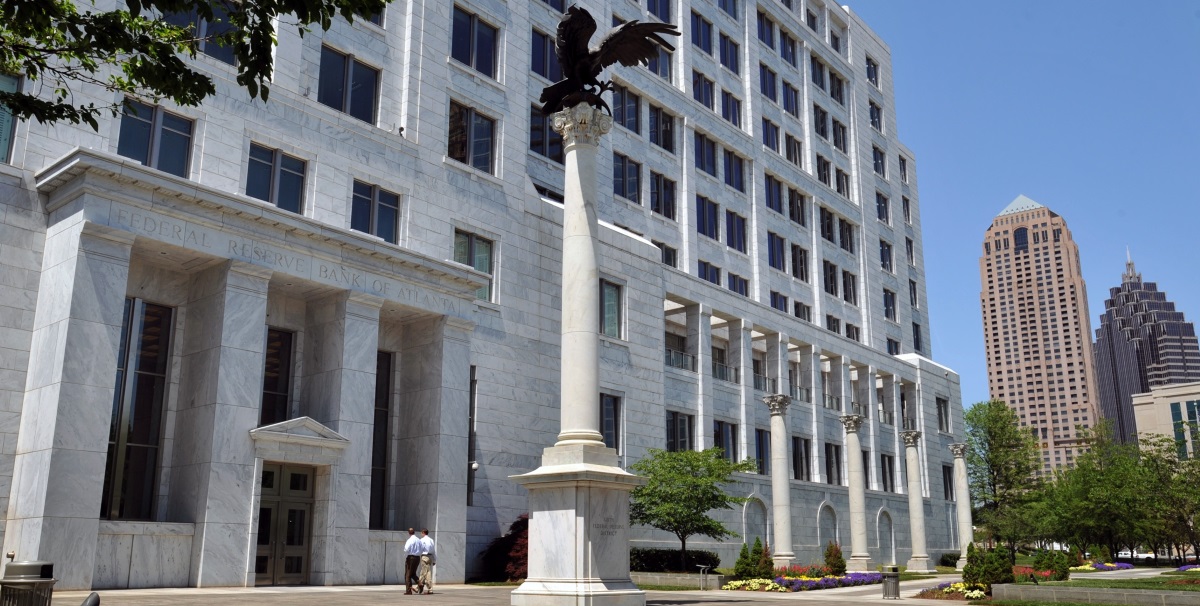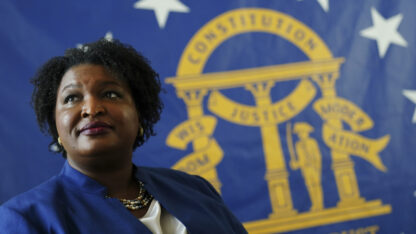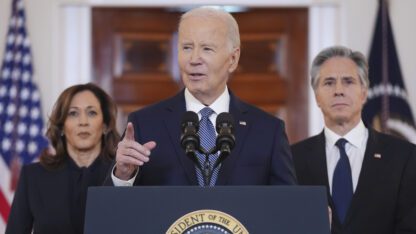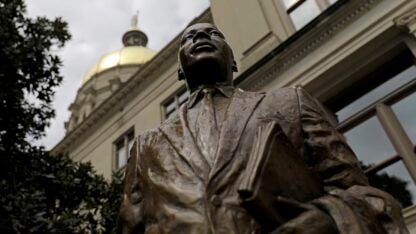Listen to the audio story.
The Federal Reserve has received a lot of criticism recently for its lack of diversity. The leaders of the central banking system are almost all white men.
But now that the president of one of the Fed’s 12 regional banks in Atlanta is stepping down, some see an opportunity for change.
Several congressional lawmakers and the activist group Fed Up are calling on the agency to appoint the system’s first black president at the Federal Reserve Bank of Atlanta.
“The fed is the nerve center of our entire economic system, and nobody is suffering from an economic depression as the African-American community,” Congressman David Scott said.
The Georgia Democrat co-wrote a letter, along with Reps. John Lewis, Maxine Waters and John Conyers, to Federal Reserve Chair Janet Yellen on the issue.
Black workers still struggle, Scott said, even as the overall economy has recovered. The jobless rate for African Americans, for example, is more than double their white neighbors.
Outside an unemployment office on the west side of Atlanta, Formosa Williams is at her wit’s end.
“At this point, I don’t know what to do,” Williams said.
For years, Williams said she has struggled to find stable work.
“The only jobs that really seem to be hiring are like fast food,” Williams said. “And it’s no way I’m going to go back to that.”
Scott and the activists hope stories of minority workers, like Williams, will take a more prominent place in the central banking system’s discussions once it has a black regional president.
“Unless you have a voice at that table that has gone through the experience of being an African American, you’re missing so much,” said Scott.
The congressman and activists argue the appointment also makes sense, given the region the bank covers — the South — and that region’s history with civil rights.
But while many economists might agree that diversity is good, they aren’t all sure how it translates into policy.
“I think you have to start out with the recognition that our Federal Reserve officials have really one tool, and that’s interest rates,” said Tim Duy, an economics professor at the University of Oregon. “That tool is a very blunt instrument.”
That tool affects the broader economy at a macro-level, said Duy, who also authors a blog called Fed Watch. Meanwhile, he said, many of the problems facing African-American workers are at the micro-economic level.
“The Federal Reserve is not going to be a silver bullet to these issues,” Duy said.
The search for the next Atlanta Fed president is being led by a committee of business leaders from around the South.
The chair, Thomas Fanning, who is president of Southern Company, said they’re looking for the best person most of all.
And if he or she happens to make history, as the first African American?
“That would be a great thing,” Fanning said.
Like us on Facebook

9(MDAxODM0MDY4MDEyMTY4NDA3MzI3YjkzMw004))








